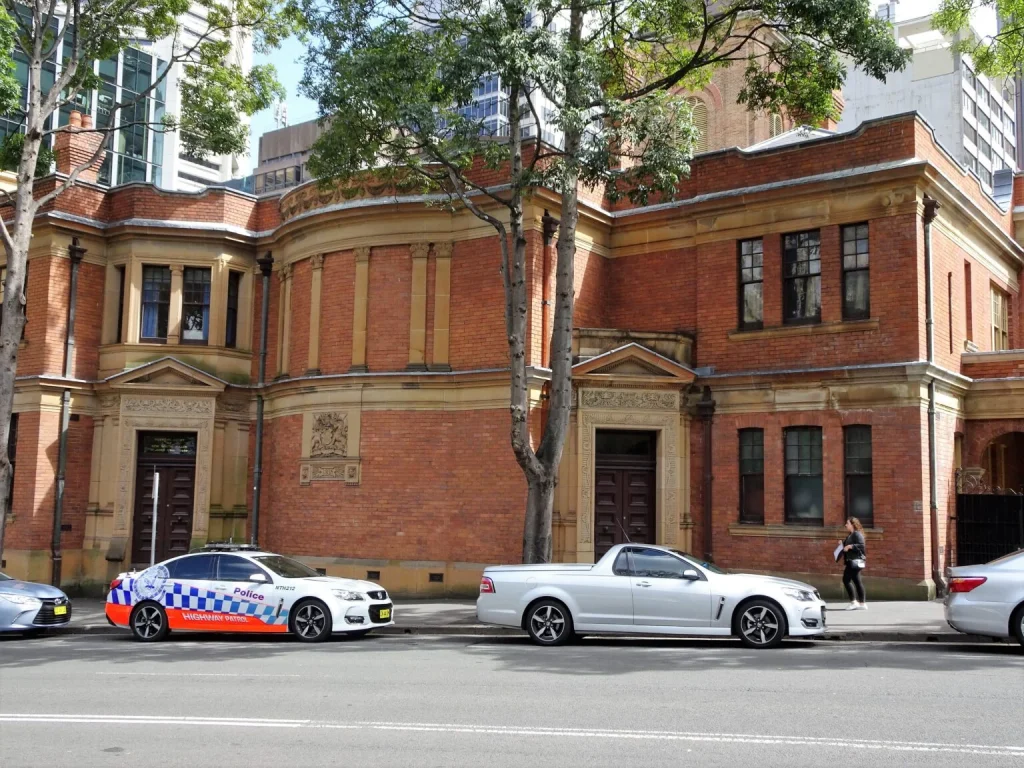In New South Wales, many people appearing in the Local Court for a minor or less serious offence (such as drug possession, some low range drink driving and drug driving offences, etc) will ask their lawyer to obtain a “section 10”. What they are referring to is section 10 of the Crimes (Sentencing Procedure) Act 1999 (the Act) which allows, in conjunction with section 9 of the Act, a magistrate or judge to find a person guilty of an offence but then to make orders dismissing the charge without recording a “conviction”.
The magistrate or judge will make any one of the following orders:
- an order directing that the relevant charge be dismissed,
- an order discharging the person under a conditional release order (in which case the court proceeds to make a conditional release order under section 9),
- an order discharging the person on condition that the person enter into an agreement to participate in an intervention program and to comply with any intervention plan arising out of the program.
An order referred to in 2 may be made if the court is satisfied—
(a) that it is inexpedient to inflict any punishment (other than nominal punishment) on the person, or
(b) that it is expedient to discharge the person under a conditional release order.
An order referred to in 3 may be made if the court is satisfied that it would reduce the likelihood of the person committing further offences by promoting the treatment or rehabilitation of the person.
In deciding whether to make an order referred to in 1, the court is to have regard to the following factors—
- the person’s character, antecedents, age, health and mental condition,
- the trivial nature of the offence,
- the extenuating circumstances in which the offence was committed,
- any other matter that the court thinks proper to consider.
Conditional release orders replaced the previous good behaviour bonds used by the criminal courts in the 2000s. Now, section 9 of the Act prescribes conditional release orders as follows:
Instead of imposing a sentence of imprisonment or a fine (or both) on an offender, a court that finds a person guilty of an offence may make a conditional release order discharging the offender, if—
- the court proceeds to conviction, or
- the court does not proceed to conviction but makes an order under section 10 (1) (b).
In deciding whether to make a conditional release order with a conviction, the sentencing court is to have regard to the following factors—
- the person’s character, antecedents, age, health and mental condition,
- whether the offence is of a trivial nature,
- the extenuating circumstances in which the offence was committed,
- any other matter that the court thinks proper to consider.
Of course, New South Wales now operates the Interlock scheme. The science tells us that an interlock device is likely to sever the psychological connection between drinking and driving. For this reason, interlock devices are now mandatory in most drink driving offences and can only be ordered if the person is convicted.
But what about the person’s criminal record after they get a section 10? Isn’t the charge dismissed without a conviction?
You should speak to us if you are charged with any kind of offence and you are concerned about the prospect of a criminal record. That’s because a section 10 (in combination with section 9 but as a “non conviction” under that section) is still a “conviction” for the purposes of the Criminal Records Act 1991 (NSW).
If your matter is dismissed under section 10, you will have a record for the period of any conditional release order, and your record will only become “spent” and therefore not disclosable, once the conditional release order has expired.
If your matter was dismissed under section 10 and no conditional release order is made (that is, if the court makes a section 10(1)(a) order), your record will be “spent” immediately.
Before you go to court, you should think about:
whether there are any courses or programs you can do that the court might consider when sentencing you
your criminal and traffic records (if you have any) and how they might affect your sentencing;
what you want to say to the magistrate about your matter (whether self-represented or through your lawyer);
the people that can write a character reference for you (such as friends, family, former employers, current managers etc)any other evidence you might want to show the court, such as photographs, documents or even videos.
The scope of criminal records
A person’s criminal record, as it appears on law enforcement databases, is all-encompassing, regardless of whether charges have been dismissed, withdrawn, proven, or defended and then dismissed. That’s because the NSW Police Force and the Australian Federal Police will always have a complete profile of any person who comes into contact with the criminal courts as an accused person.
The concern for most people will be whether their record, or parts of it, is / are disclosable to employers or other organisations under a national police check.
If your matter is dismissed under section 10 (but without a conviction), your record may be disclosable for the period of any conditional release order attached to your section 10. For example, a person who obtains a section 10 “no conviction” with a 12 month conditional release order, will have a record that shows the section 10 for 12 months.

Police cars courtesy Highway Patrol Images
And what about overseas travel?
In many countries, an Australian traveller’s minor criminal record will not affect the person making travel plans. But some countries, such as the United States of America, are very strict about who can visit and on what terms. Despite the Visa Waiver Scheme between our respective countries, questions put to Australians seeking to travel to the United States in the ESTA scheme, include questions about whether the applicant has ever been arrested for or charged with a criminal offence, regardless of whether a finding of guilt was made and regardless of any sentencing outcome. An answer in the affirmative will trigger a rejection of the visa waiver application. The person may then have rights to seek referral to a consulate official who will assess the application, on a case by case basis. unfortunately, waiting times are long, and such referrals require careful preparation. You should consult our criminal lawyers if you are making submissions to any authority about the status or nature of your Australian criminal record.
In his speech, President of the European Union, President Juncker, announced that by November 2022 the European Commission will propose a European Travel Information and Authorisation System (ETIAS) – an automated system to determine who will be allowed to travel to Europe.
ETIAS will be an automated IT system created to identify any “risks” associated with a visa-exempt visitor travelling to the Schengen Area. All visa-exempt third-country nationals who plan to travel to the Schengen area (the 26 Schengen countries are Austria, Belgium, Czech Republic, Denmark, Estonia, Finland, France, Germany, Greece, Hungary, Iceland, Italy, Latvia, Liechtenstein, Lithuania, Luxembourg, Malta, Netherlands, Norway, Poland, Portugal, Slovakia, Slovenia, Spain, Sweden, Switzerland) will have to apply for travel authorisation through the system prior to their trip. The information gathered via the system, in full respect of “fundamental rights and data protection”, will allow for advance verification of potential security or “irregular migration risks”.
You can find out more about travelling from Australia to Europe under the ETIAS scheme here.
Talk to our experienced crime team because criminal law is complicated and nothing is as simple as it might seem. Call us on 02 8000 7300 or email us at enquiries@dowsonturco.com.au. We are headquartered at 235 Macquarie Street, Queen’s Square, Sydney NSW, next to the NSW Supreme Court.


